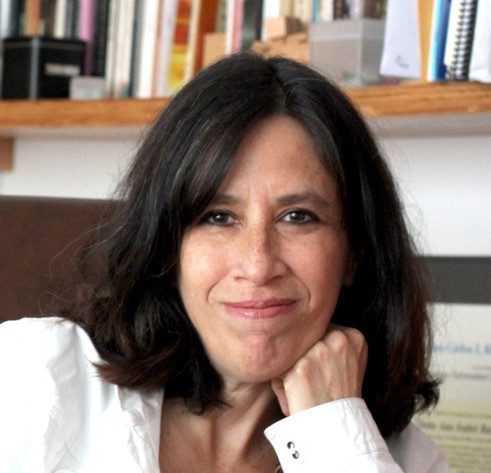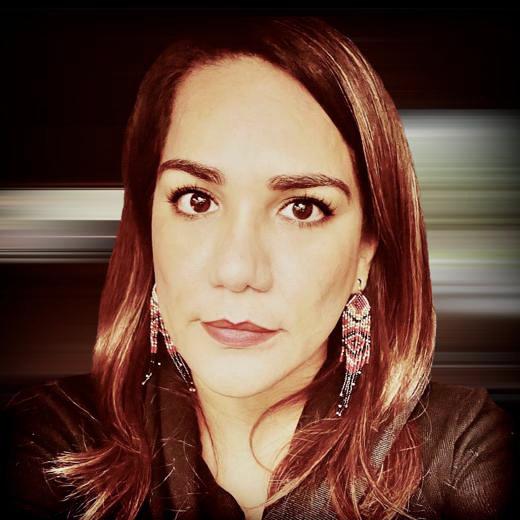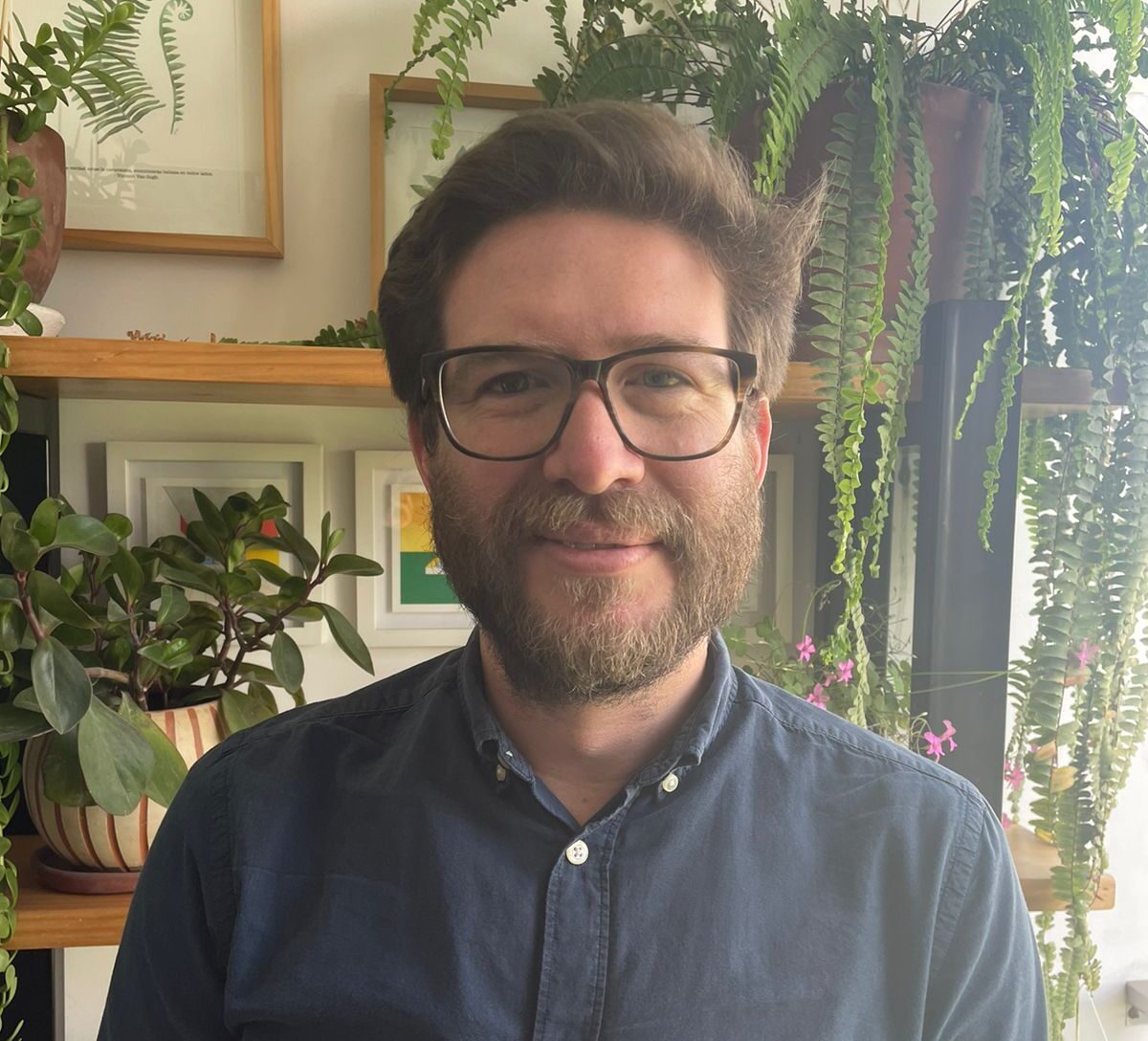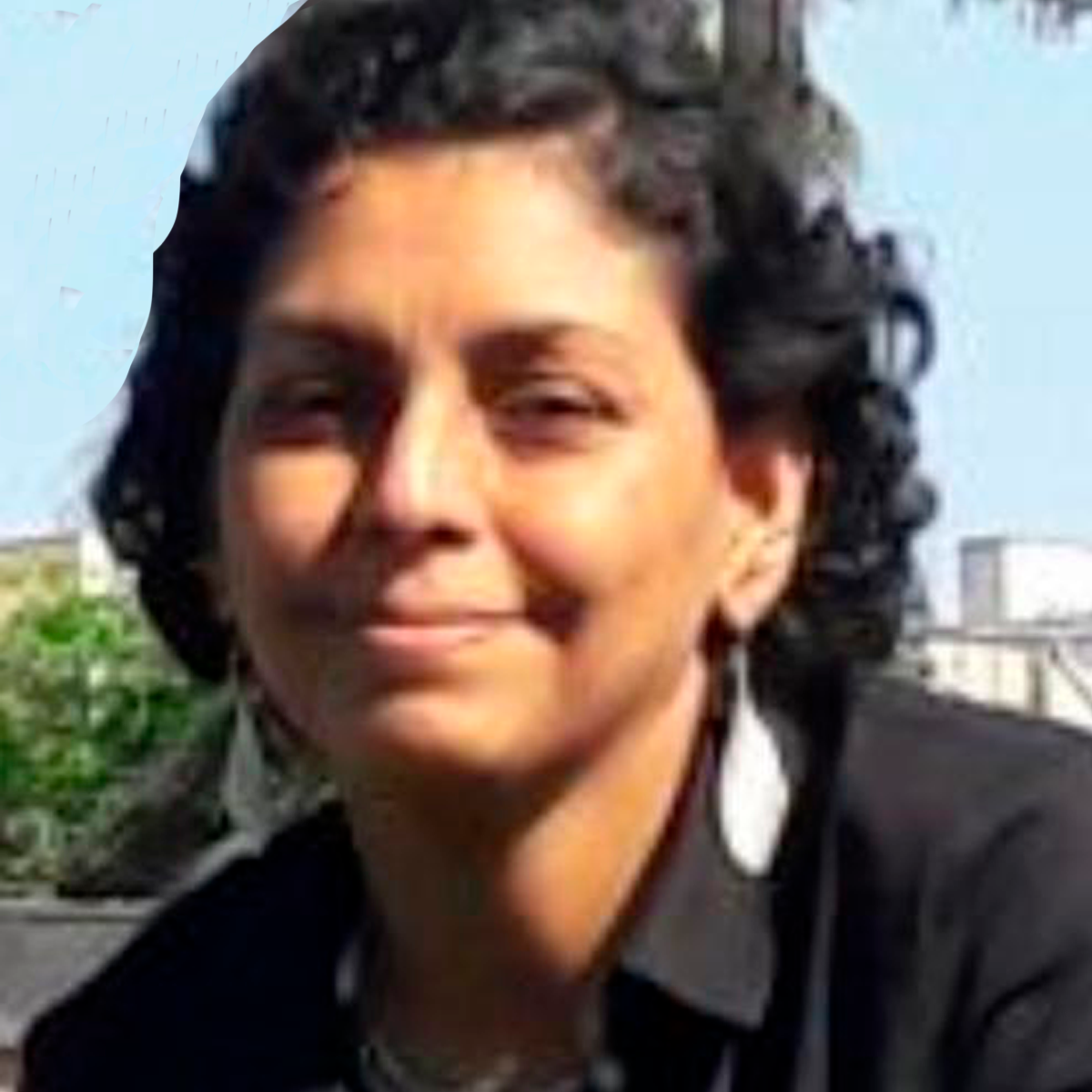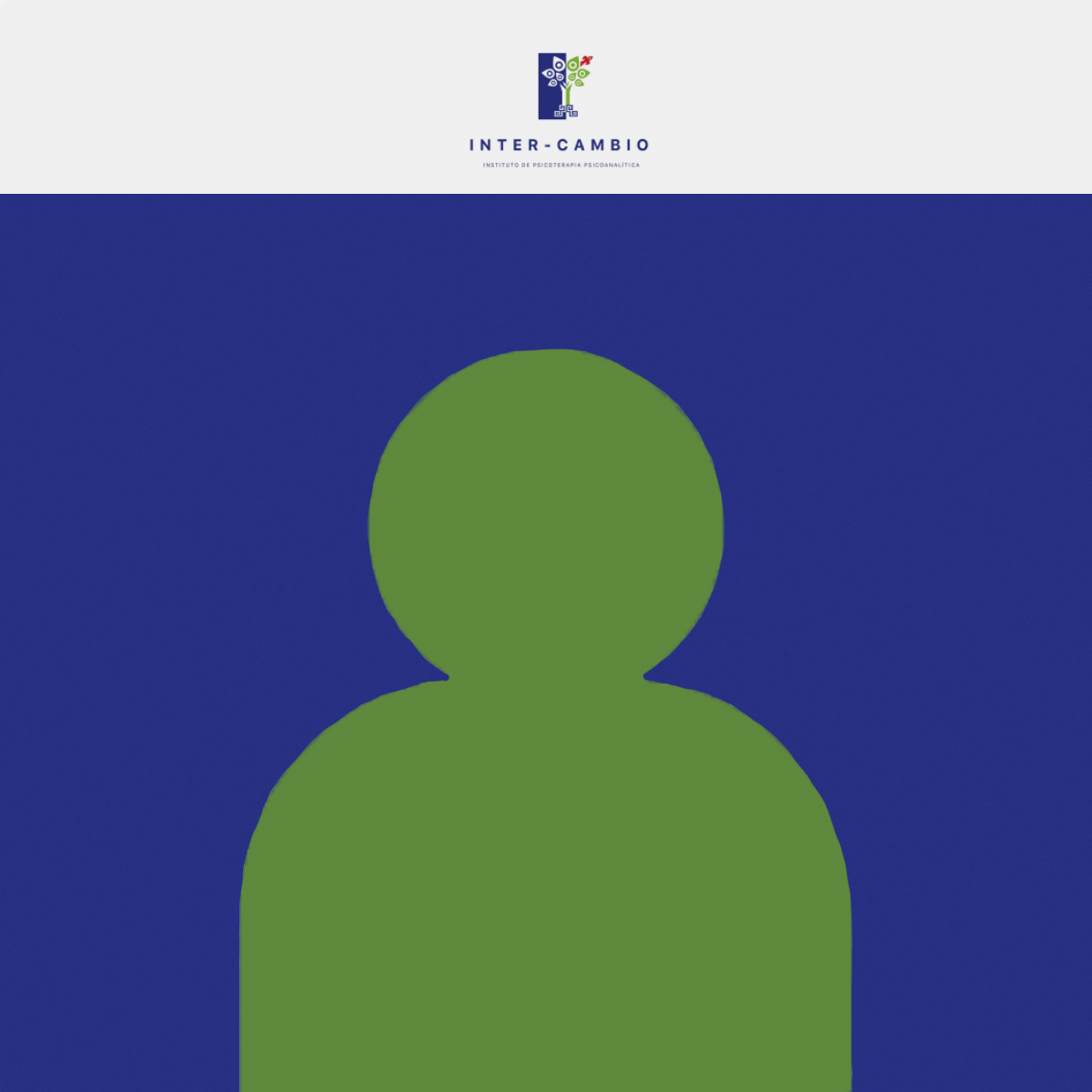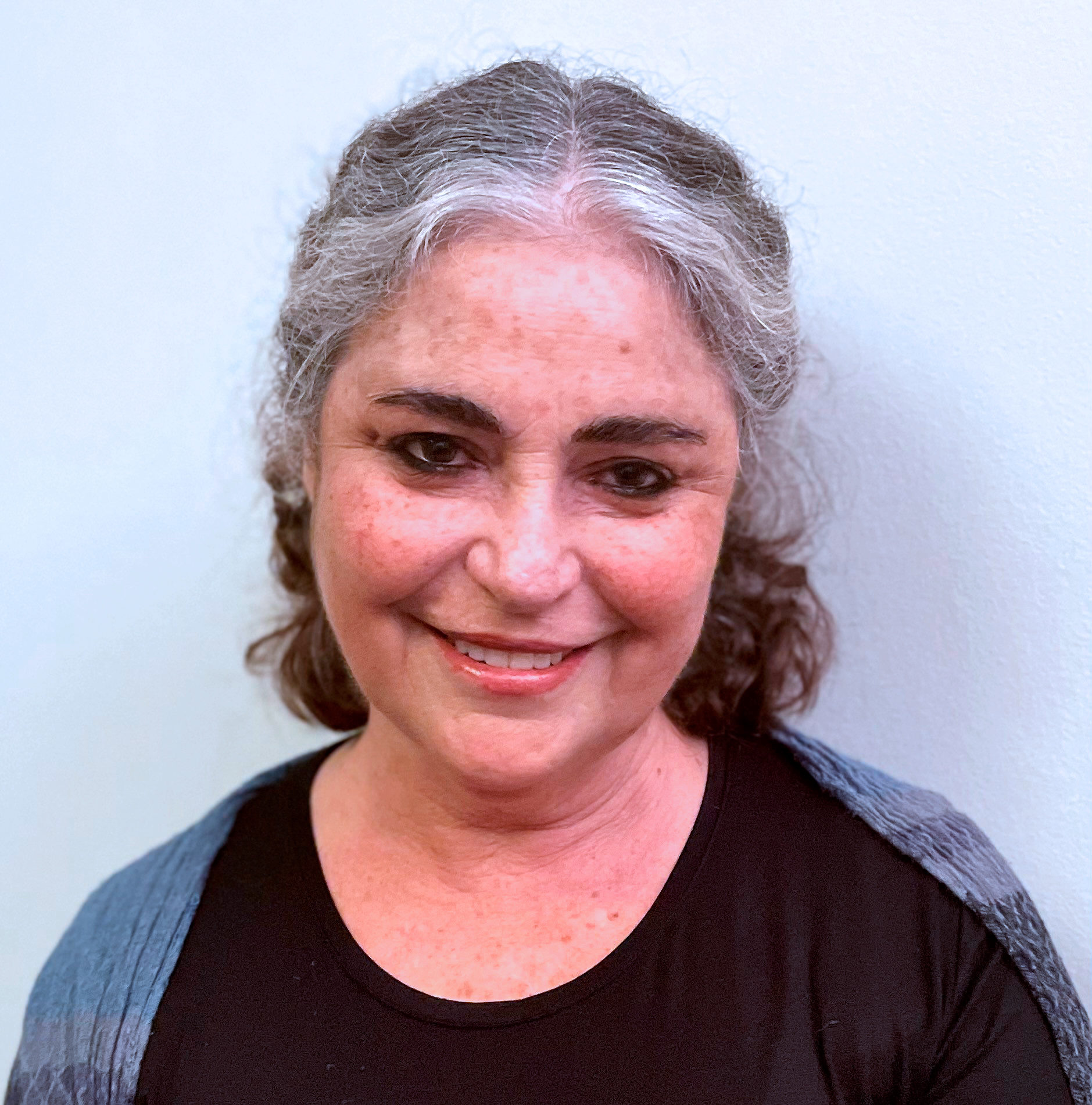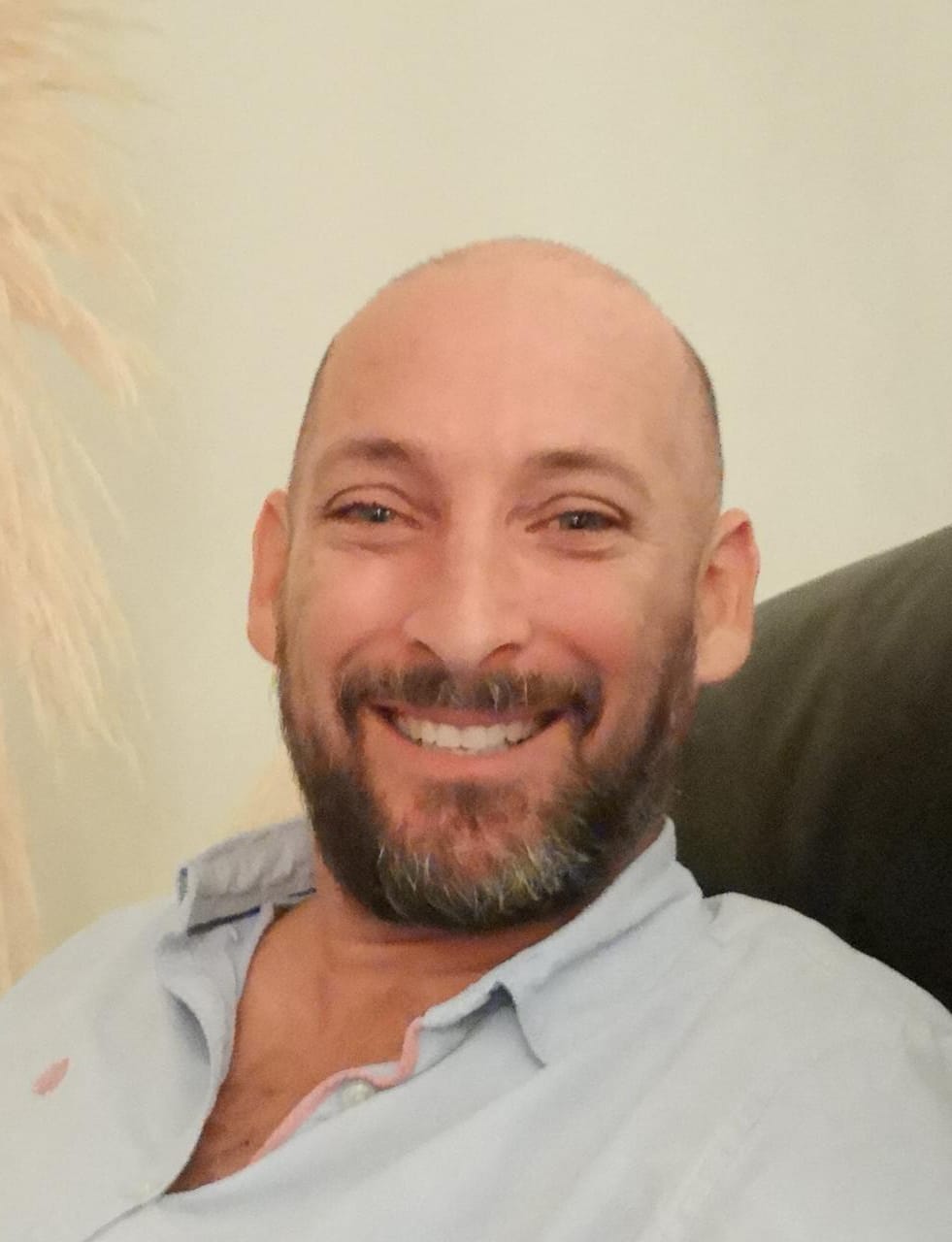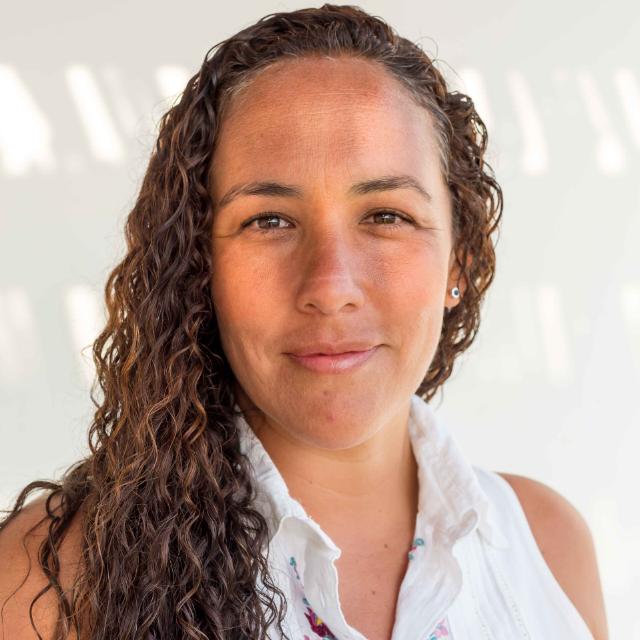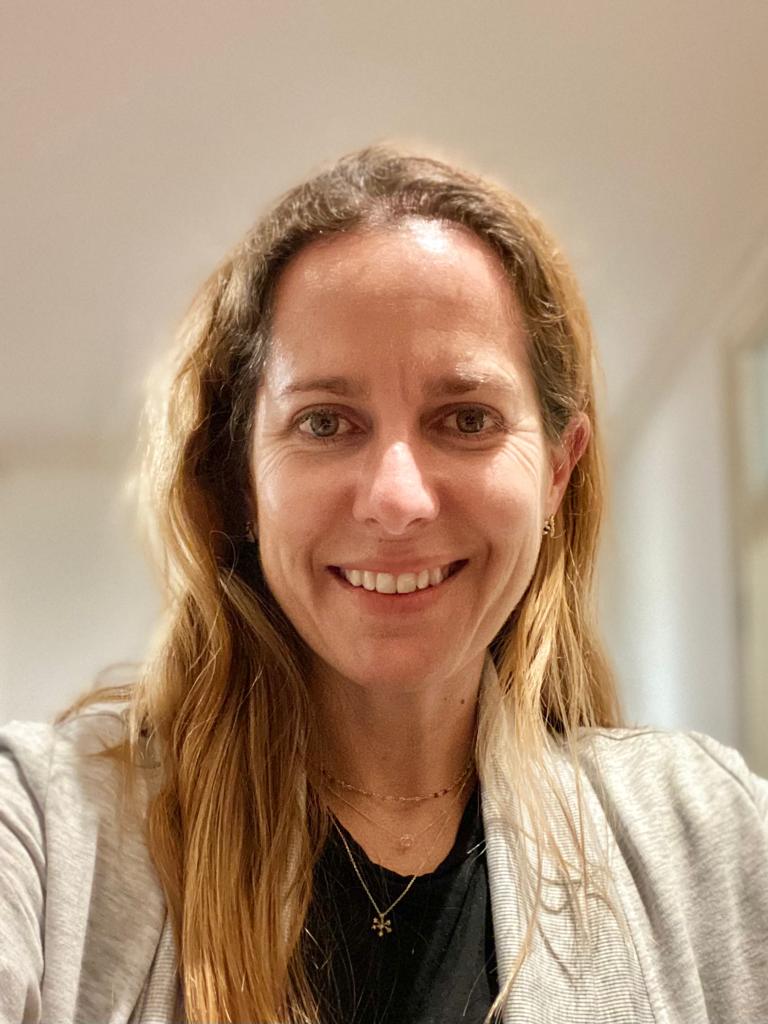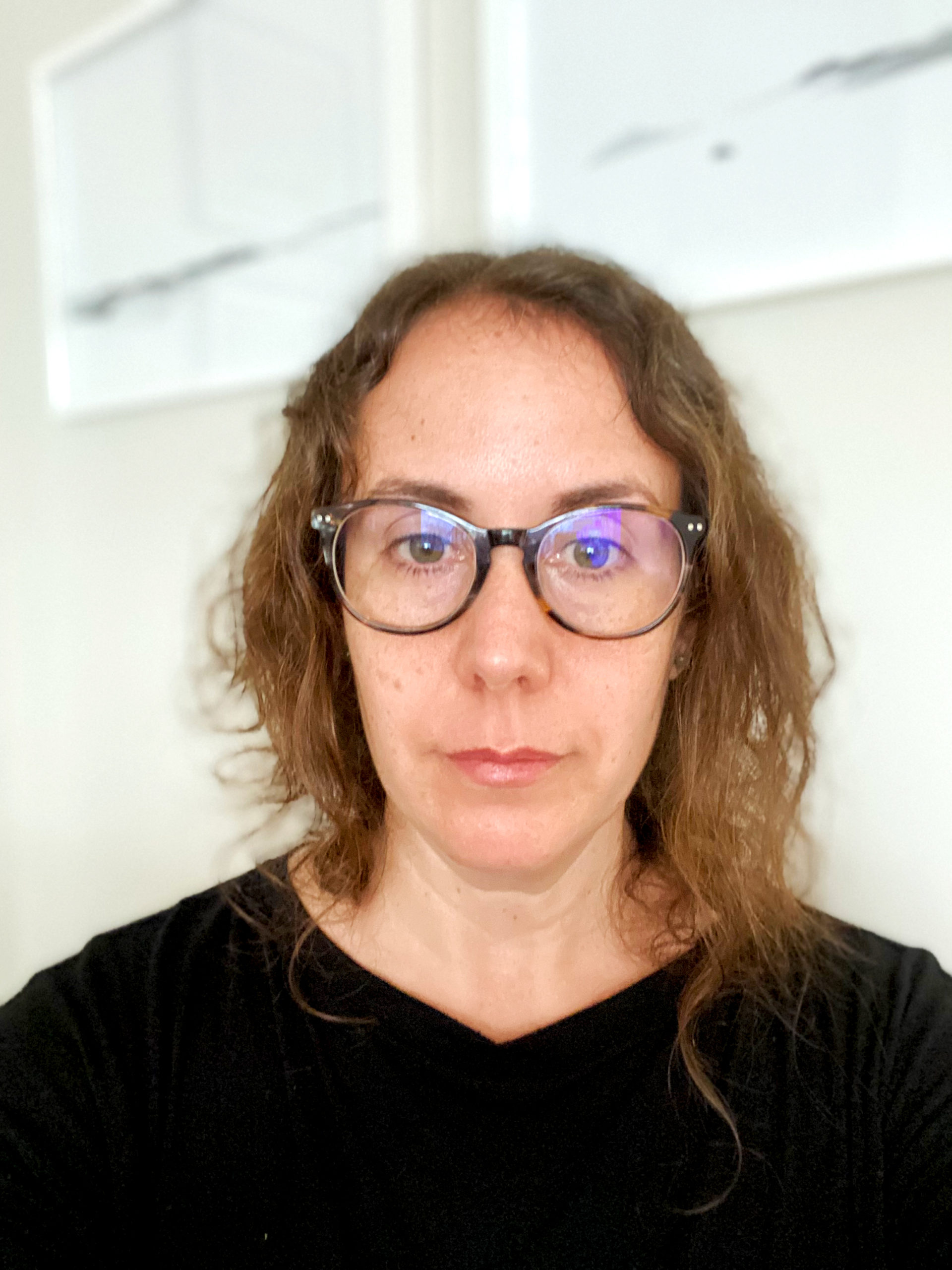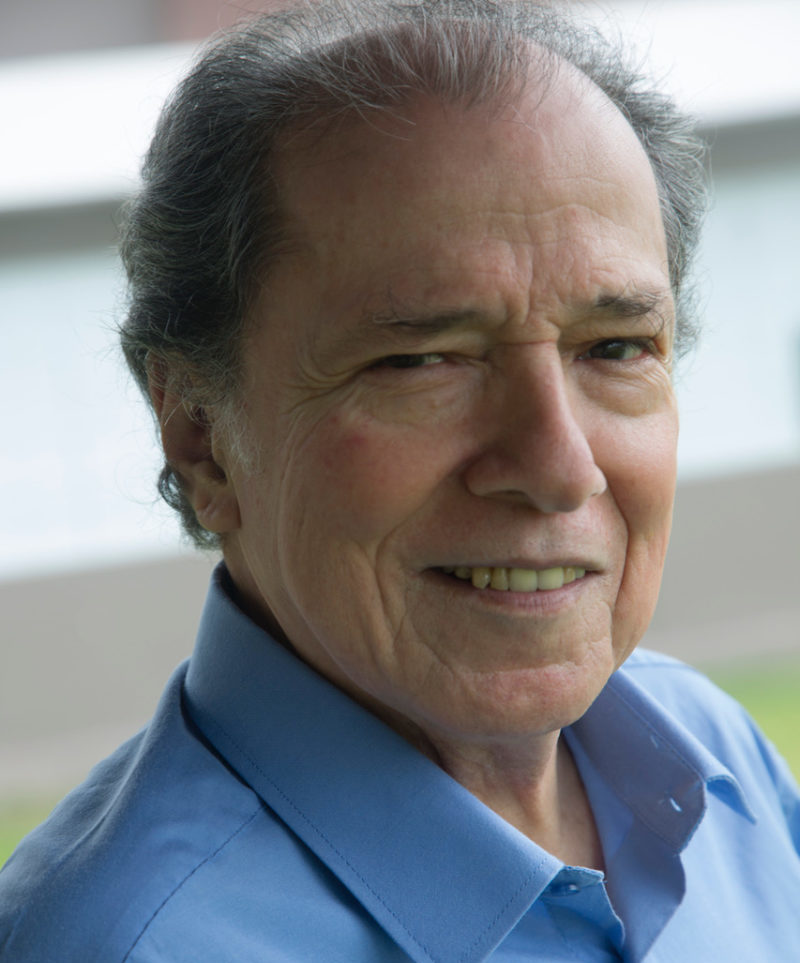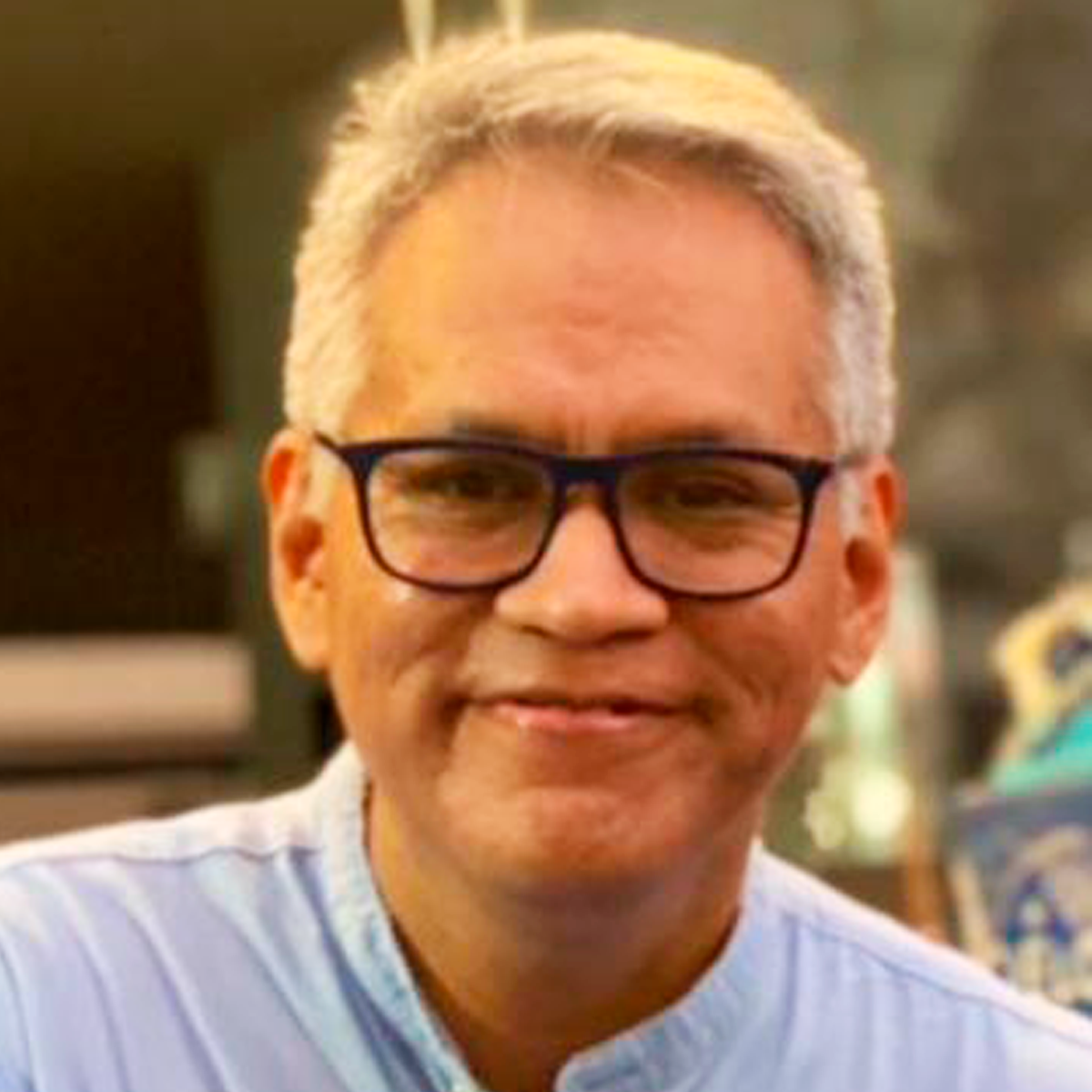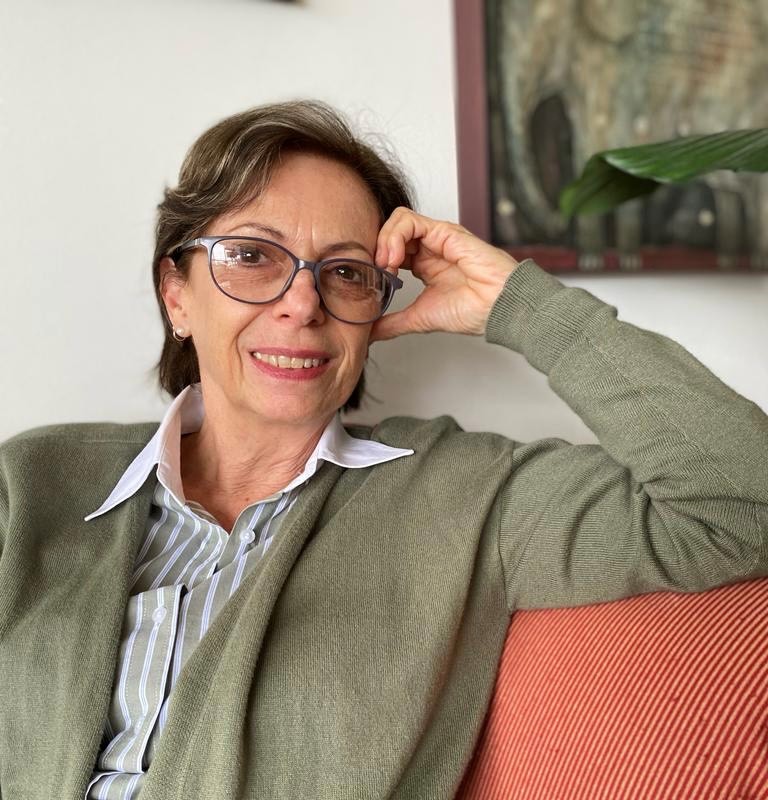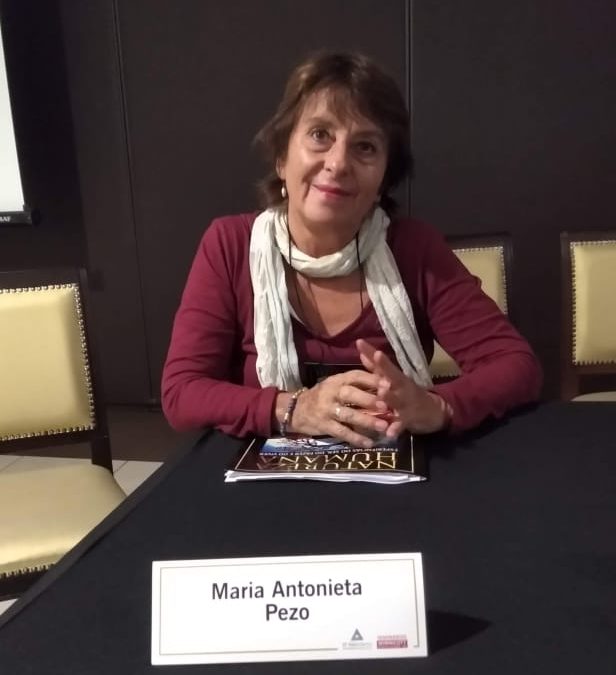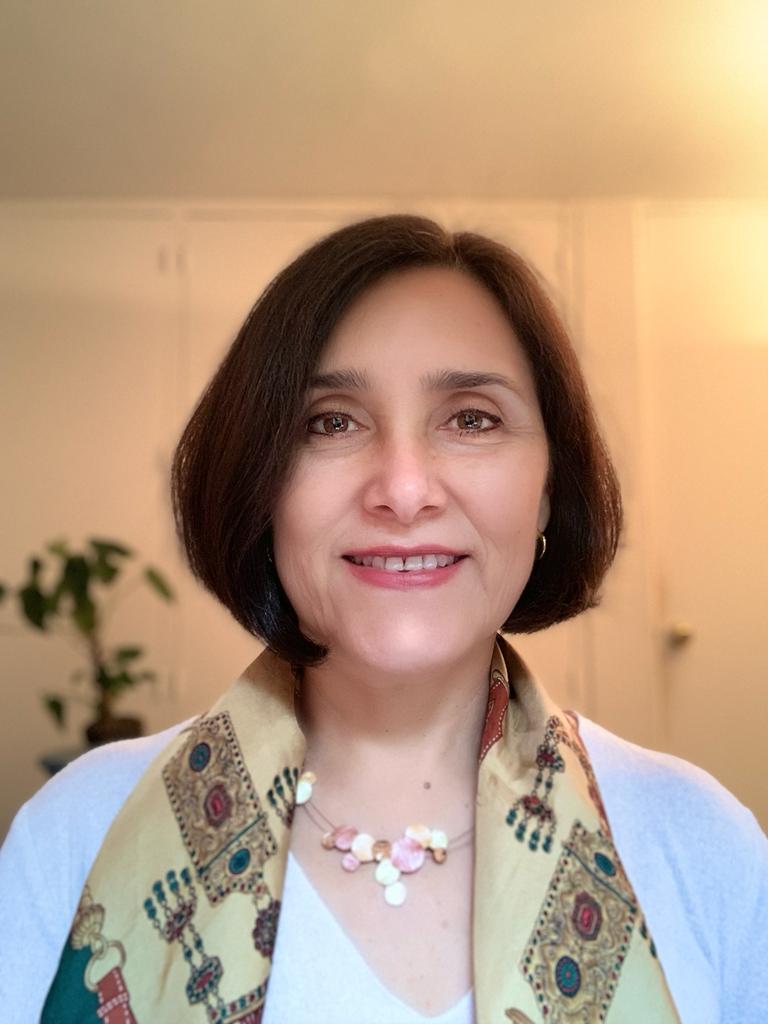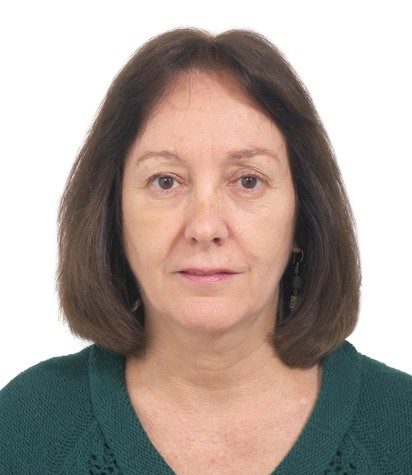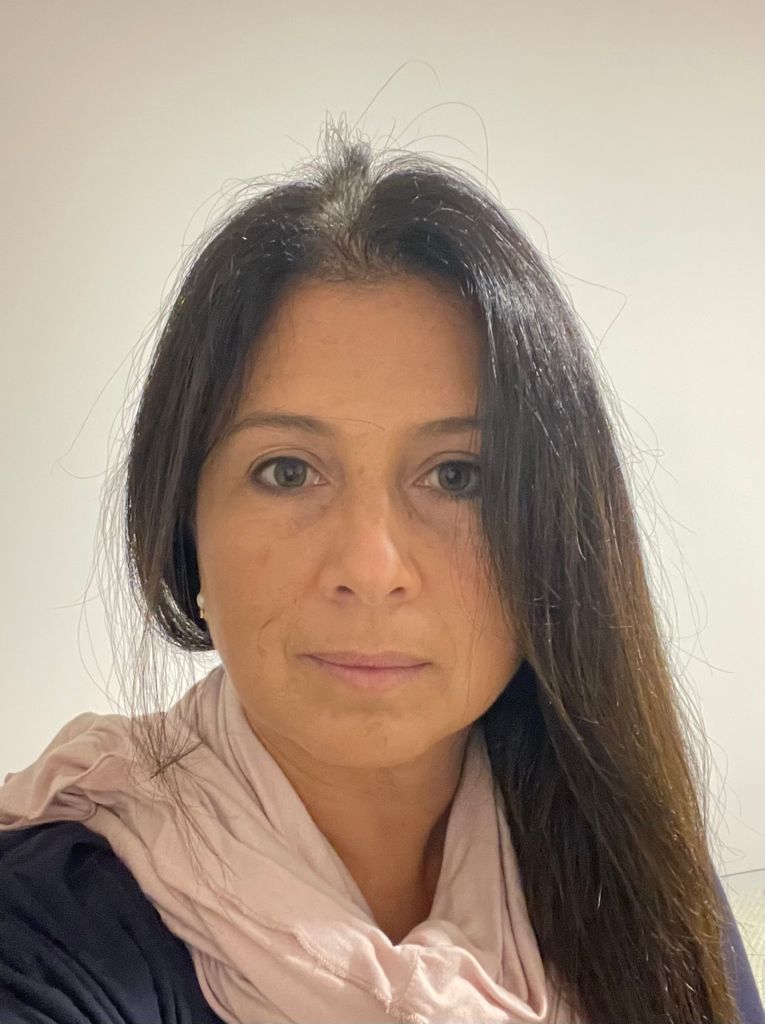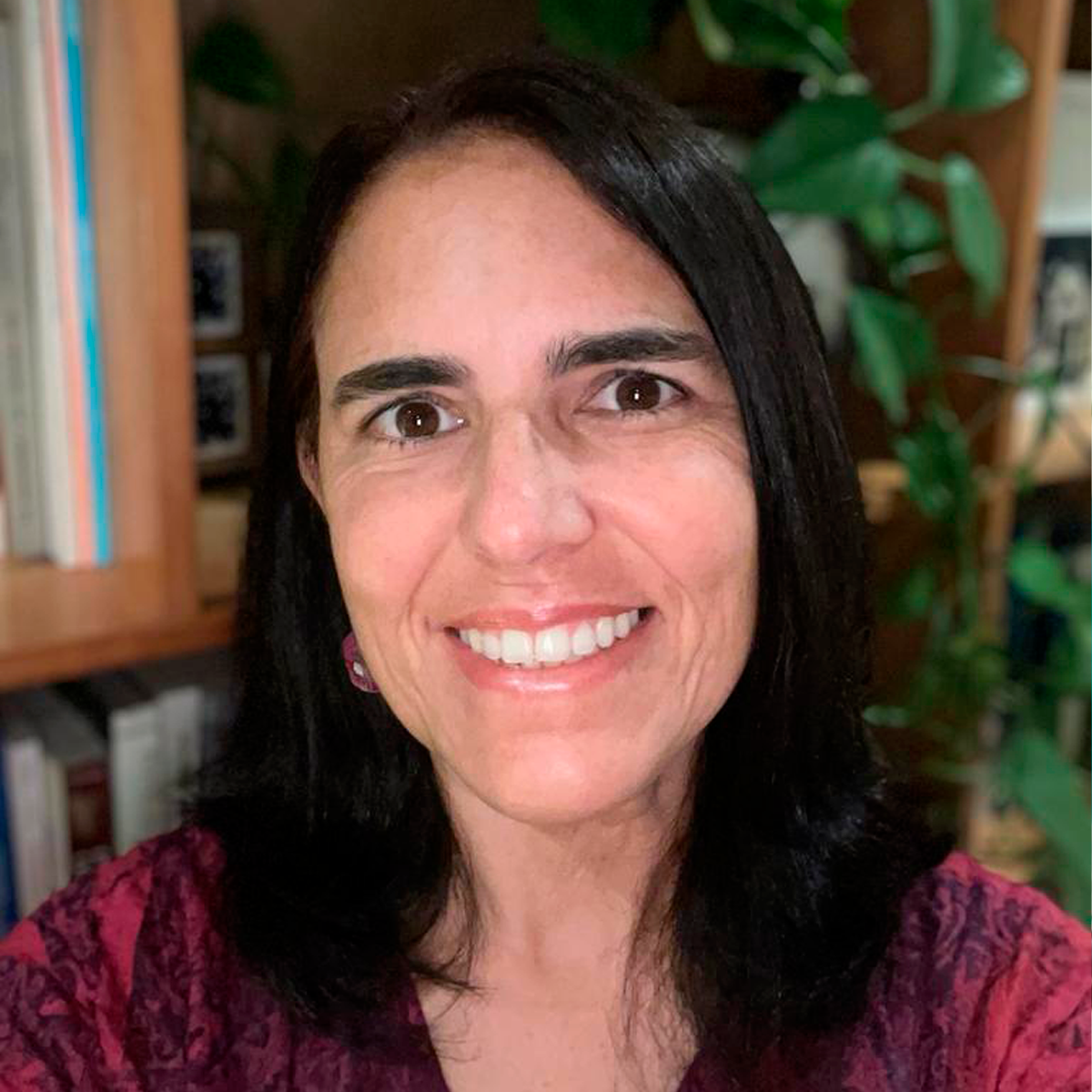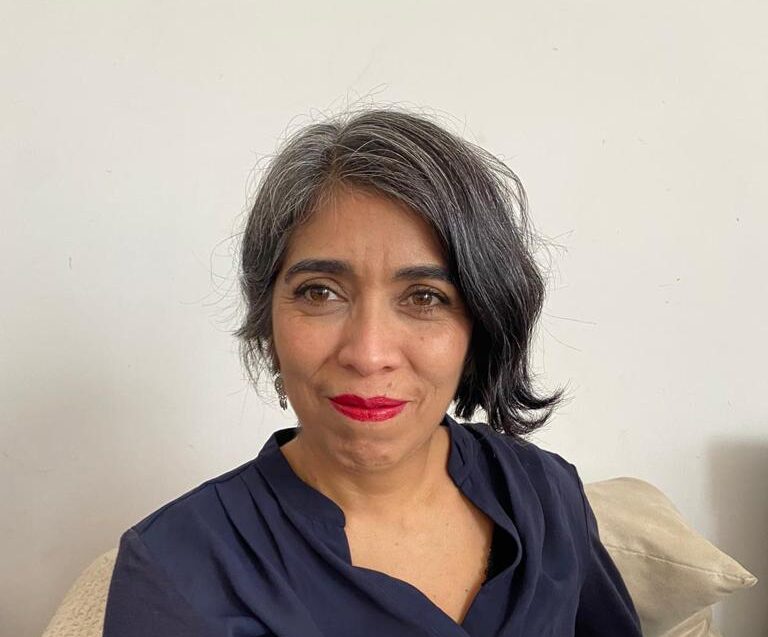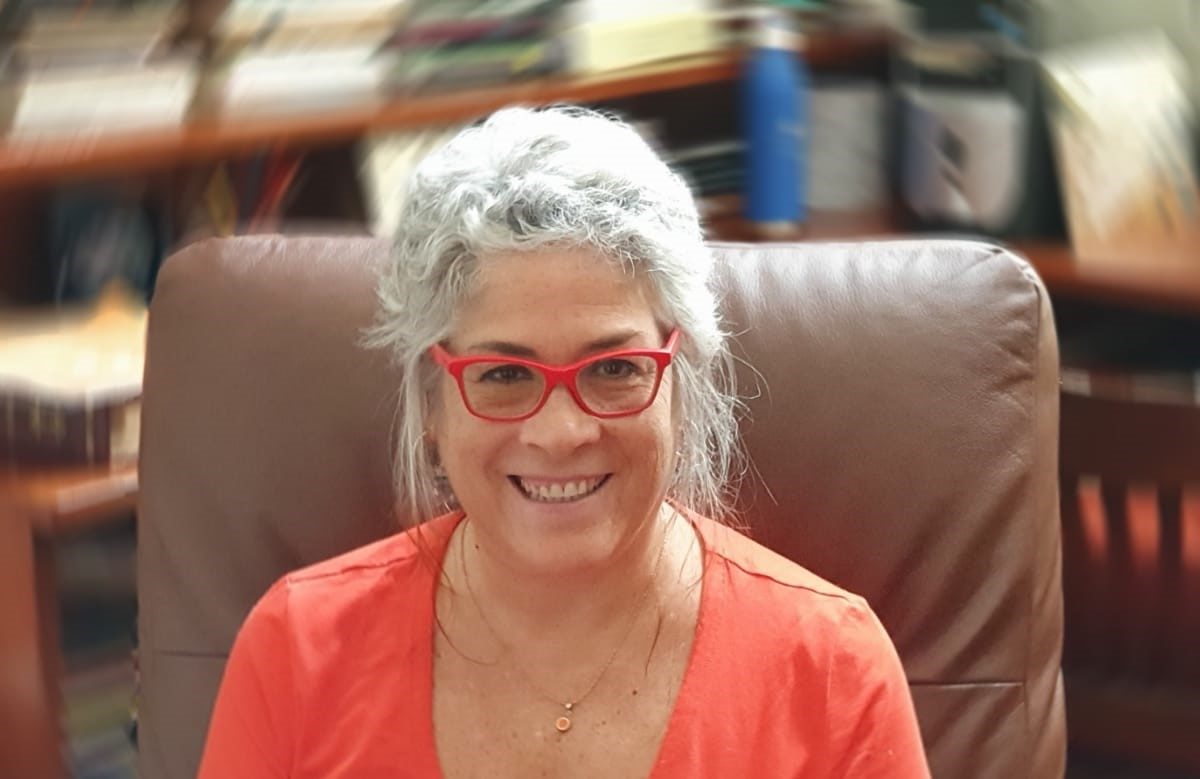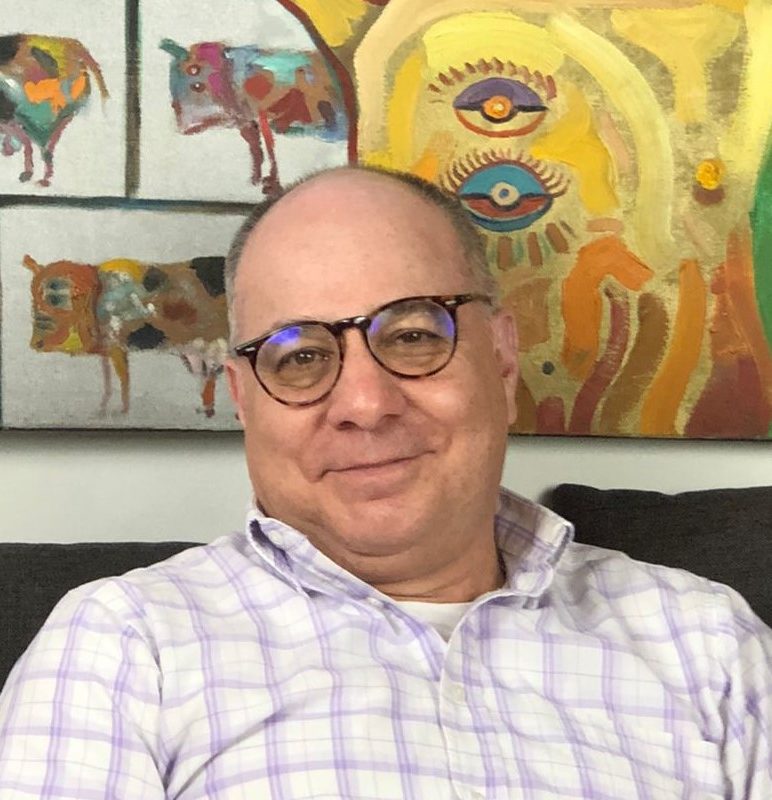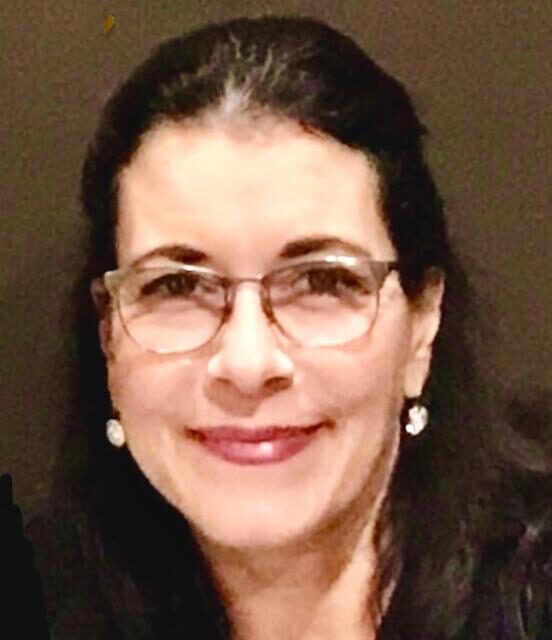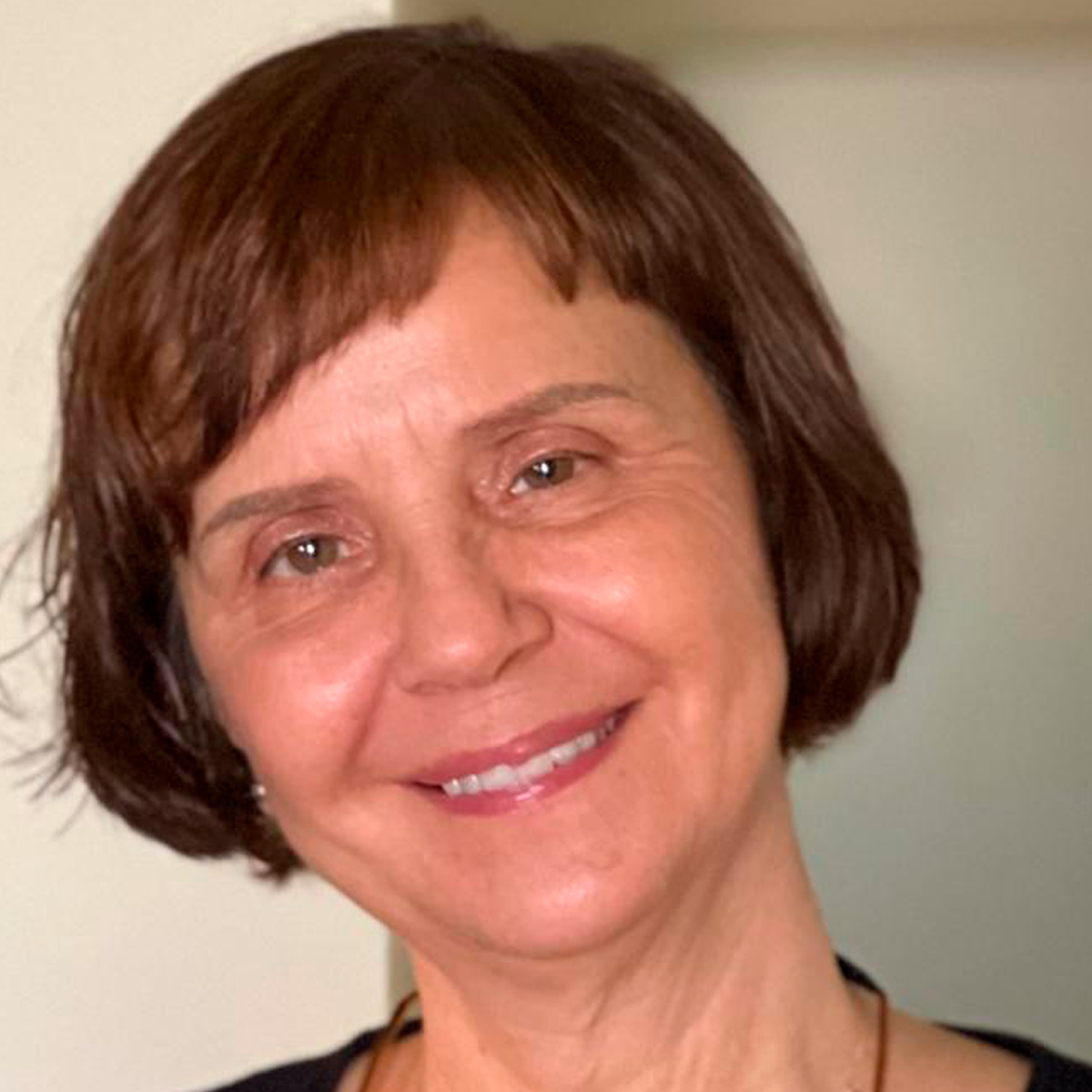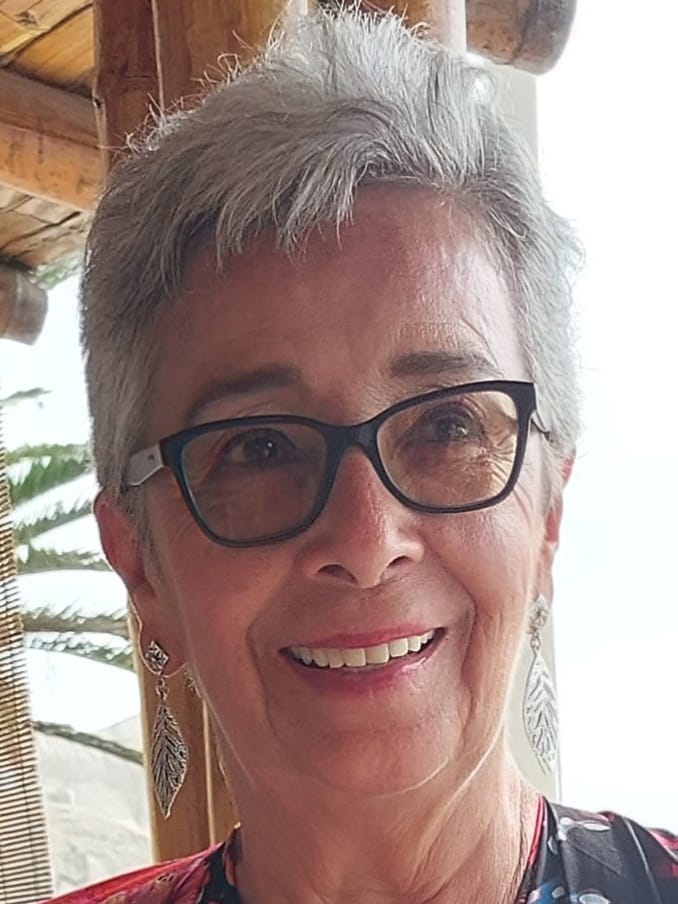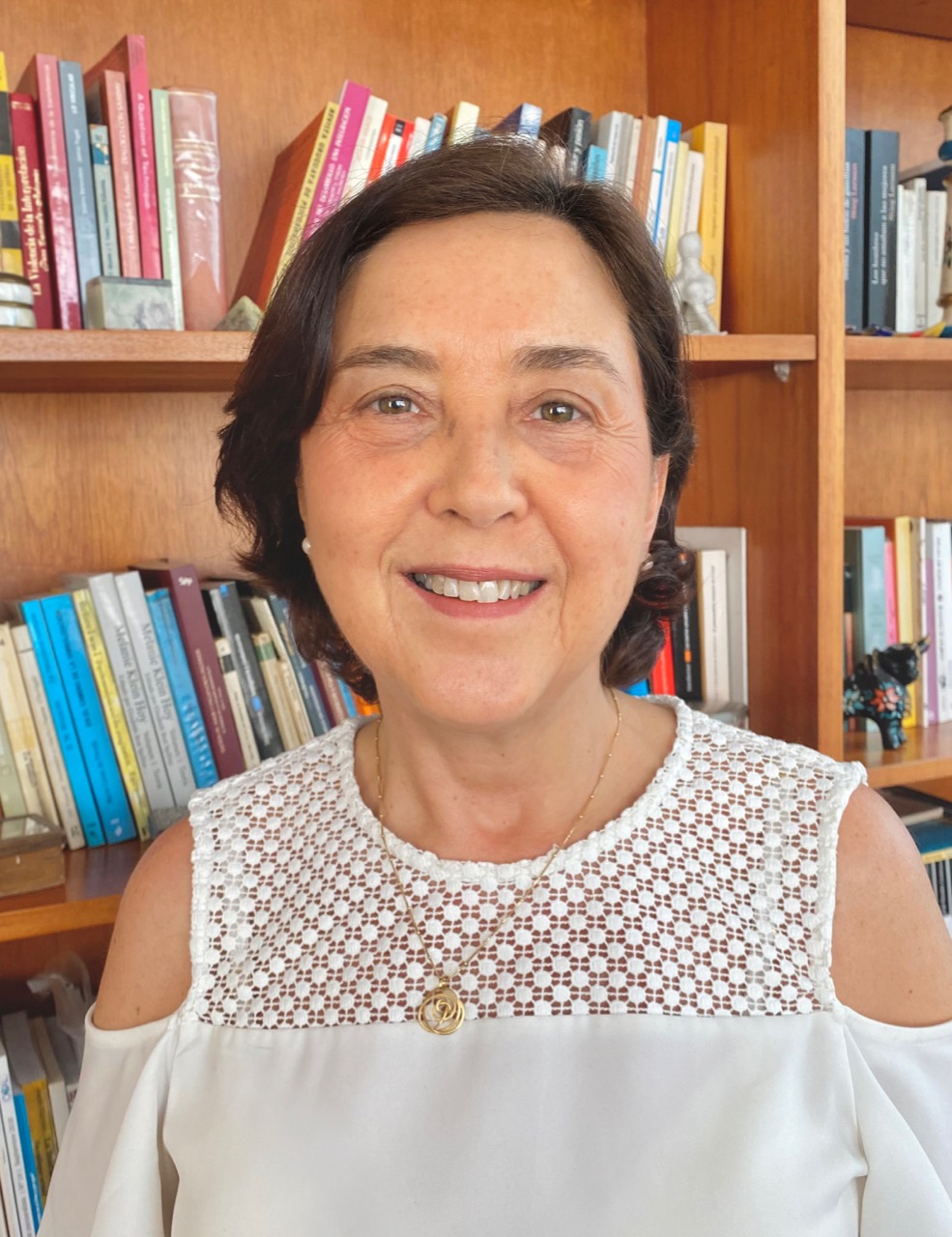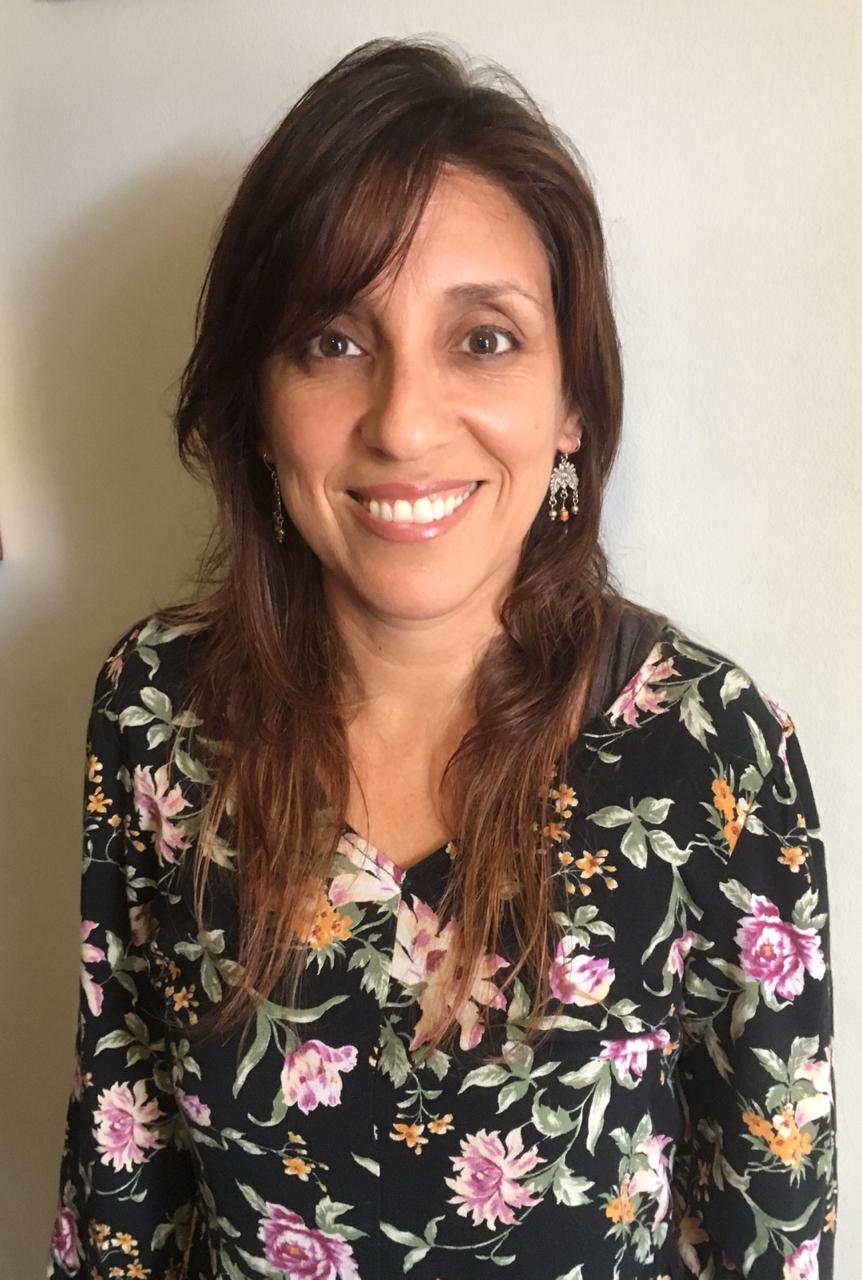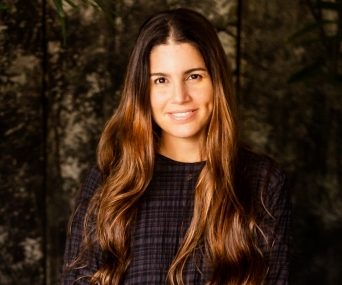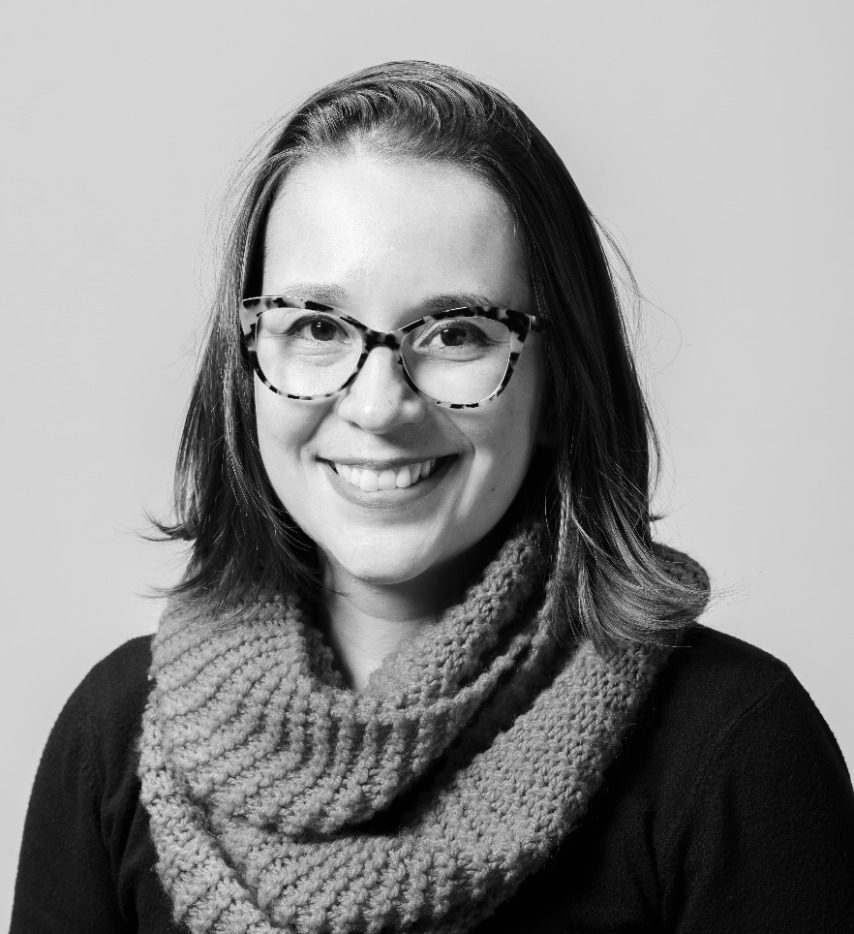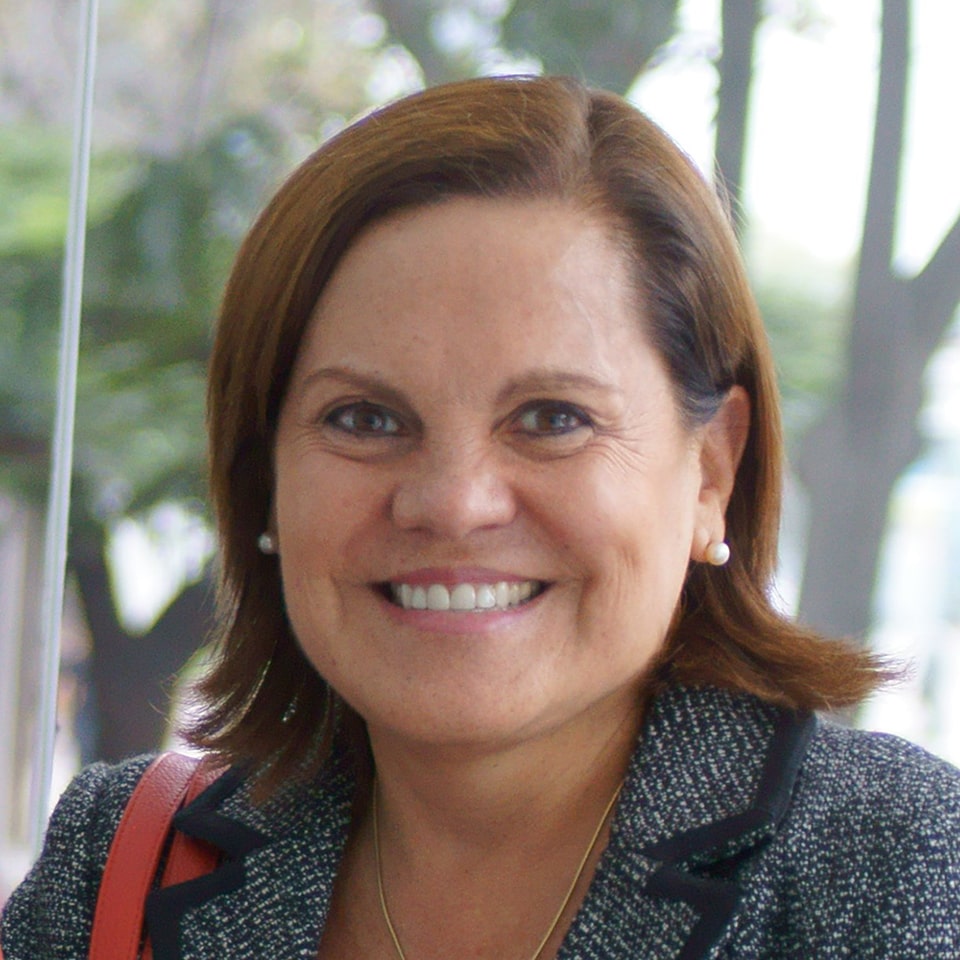Admission
Training at Inter-Cambio begins with the careful selection of candidates. This selection is part of caring for both the candidate himself and his potential patients.
In the case of non-psychologists, in addition to the aforementioned requirements, sufficient knowledge of Psychoanalysis (theory, technique and psychopathology) as well as a prior personal therapeutic experience of at least one year are necessary.
Admitted candidates start a training program that, like any training in Psychoanalysis, is based on theory, supervised practice and personal psychotherapy.

Addressed to:
Professionals with a Bachelor’s degree in Psychology, Medicine or other related disciplines. In the case of non-psychologists, it is necessary that in addition to a Bachelor’s degree, they have sufficient knowledge of Psychoanalysis (theory, technique and psychopathology), as well as a prior personal therapeutic experience of at least one year.
Requirements:
- Bachelor’s Degree in Psychology or Medicine.
- Professionals from other disciplines with knowledge of Psychoanalysis and personal experience in psychoanalytic psychotherapy or analysis (after evaluation).
Documents required for registration:
- Personal data sheet. Download here
- Curriculum vitae.
- Simple copy of bachelor’s degree or professional title.
- Letter of recommendation (optional)
- Simple copy of DNI, birth certificate or immigration card.
- Proof of payment for admission fees. Request information
Current account in soles in the name of Inter-Cambio Instituto de psicoterapia psicoanalítica.
Banco de Crédito del Peru – BCP
Account N ° 193-2162227-0-75
Other banks code: 00219300216222707515
Company name: Inter-Cambio. Instituto de psicoterapia psicoanalítica.
RUC: 20552626835
For registration, the digitized documents must be sent to instituto@institutointercambio.com
Then the personal interviews will be scheduled.
Evaluation:
The evaluation consists of the following:
- File evaluation (Documents presented).
- Two personal interviews.
- Assessment of knowledge of applicants who do not come from a career in psychology.
Calendar – Admission 2022
| DATE | ACTIVITY |
| 01 august to 30 november 2021 | Documents reception |
| 01 september to 14 december of 2021 | Evaluation |
| 14 to 18 january of 2022 | Process results |
| 05 february of 2022 | Payment of academic fees (1st payment) |
| 23 february of 2022 | Start of classes |
The evaluation of documents and scheduling of interviews is a continuous process that is carried out as applicants arrive, so it is not necessary or advisable to wait until the expiration dates.
Our Proposal
Training in psychoanalytic psychotherapy in our Institute is based on three fundamental principles:
The candidate is an active subject, not only in his individual process but also in the evolution of his group and the institution.
Each therapist is unique. We hope that each candidate will take advantage of the training spaces to find their own individual synthesis, their own way of being a therapist.
Bonding ethics as a central aspect and basis of the health of relationships. For this reason, relationships within our community receive special attention and are thematized, as well as the search for truth in the bond between patient and therapist.
It is a requirement for our students to have a completed high school degree and present proof of the diploma for admission. Therefore, our students, graduates and graduates are considered professionals who are pursuing a specialization or second academic degree.
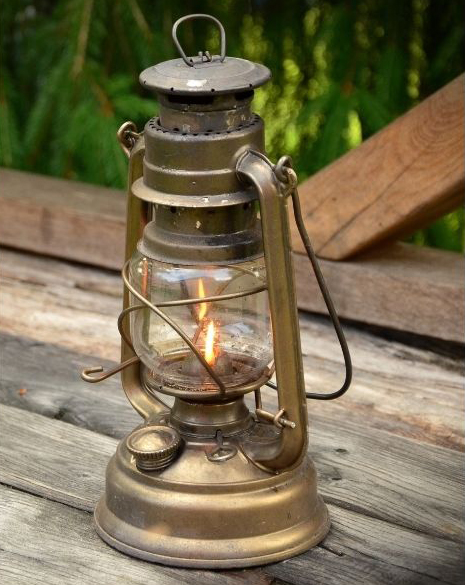
Contributions of our training
- Training in Inter-Cambio provides a rigorous academic learning experience aimed at providing the tools of contemporary psychoanalysis which respond to the complex problems of the current clinic and include the psychotherapist in his individual originality.
- It has a competency-based curriculum and a solvent pedagogical proposal.
- Provides a psychoanalytic look beyond the office: Extended Psychoanalysis, which contributes to the understanding and transformation of our social and cultural problems.
- It is complemented by a transformative process of the candidate through his own individual psychotherapy throughout the training. Likewise, it provides an environment of support and discussion among an interdisciplinary team that enriches the study program.
- Provides training in clinical practice through: 2 cases under supervision: 270 hours of psychotherapeutic care, 135 hours of individual supervision, and at least 3 years of personal psychotherapy.
- Promotes the opportunity to participate in experiences of extended psychoanalysis: psychoanalysis in the community, as part of a project awarded by the International Psychoanalytic Association.
- It consists of individual and group support in the training process, through tutoring spaces.
- Grants membership in a community of Peruvian and foreign teachers, graduates, candidates, supervisors and researchers, who will become a support network throughout professional development.
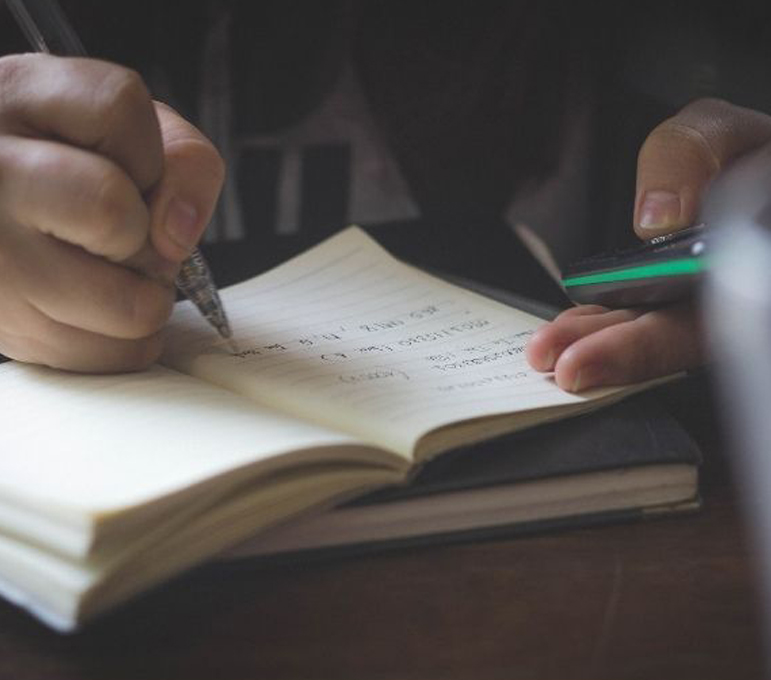
Tutorship
It consists of both individual and group accompaniment during the three years of the training process. These spaces are carried out by a senior psychotherapist or one of the institute’s directors. They are spaces highly valued by the candidate where attention is paid to the individual experience of each candidate, their personal evolution, as well as their doubts and fears expected as they decide on their own way of being a therapist.
In the group space, each promotion is allowed to think as a group and understand the different stages and dynamics that will take place throughout the training, we believe in bonding ethics as the basis of the health of relationships, therefore it is of special care ensure the health of our community.
Study plan
Class schedule:
Wednesday from 5:30 pm to 21:45 pm
Saturdays from 8:30 to 12:30 pm
Platform: Zoom (The virtual modality will be maintained until sanitary conditions allow other options)
- THEORY
- TECHNIQUE
- EXTENDED PSYCHOANALYSIS
- PSYCHOPATOLOGY
- CHILDREN AND ADOLESCENTS
- CLINICAL RESEARCH
| CICLO 1 | CICLO 2 | CICLO 3 | CICLO 4 | CICLO 5 | CICLO 6 |
| Epistemology and psychoanalytic schools | Post Freudian Authors 1 | Post Freudian Authors 2 | Psychoanalysis and neurosciences* | ||
| Freud | |||||
| The psychoanalytic interview * | Psychoanalytic case formulation* | Interpretation and other interventions | Therapeutic process | Brief Psychotherapy and Crisis Intervention * | Group psychotherapy* |
| Framing* | Transference and countertransference | Therapeutic relationship | Technical difficulties * | Research in psychotherapy | |
| Management of clinical practice* | Ethics and Psychoanalysis | ||||
| Psychopharmacology* | |||||
| Psychoanalysis and society* | Psychoanalysis and education* | Psychoanalysis and health* | Psychoanalysis and politics* | Psychoanalysis and organizations* | |
| Psychoanalysis and art* | |||||
| Psychopathology 1: Fundamentals of psychoanalytic psychopathology | Psychopathology 2: Anxiety Disorders and Mood Disorders | Psychopathology 3: Impulse Control Disorders, Eating Disorders, and Addictions | Psychopathology 4: Personality Disorders | Psychopathology 5: Psychosis and adjustment disorders | Psychopathology 6: Psychosomatic disorders and sexual disorders |
| Early Development | Oedipus and latency* | Adolescence | Child psychopathology | Psychopathology in adolescence | Children psychotherapy |
| Adolescence psychotherapy | |||||
| Infant Observation 1 | Infant Observation 2 | Clinical and extended supervision 1 | Clinical and extended supervision 2 | Clinical and extended supervision 3 | Clinical and extended supervision 4 |


